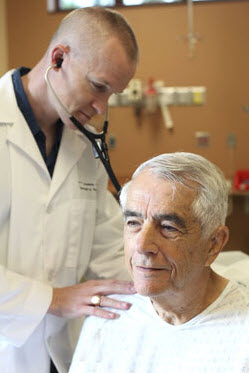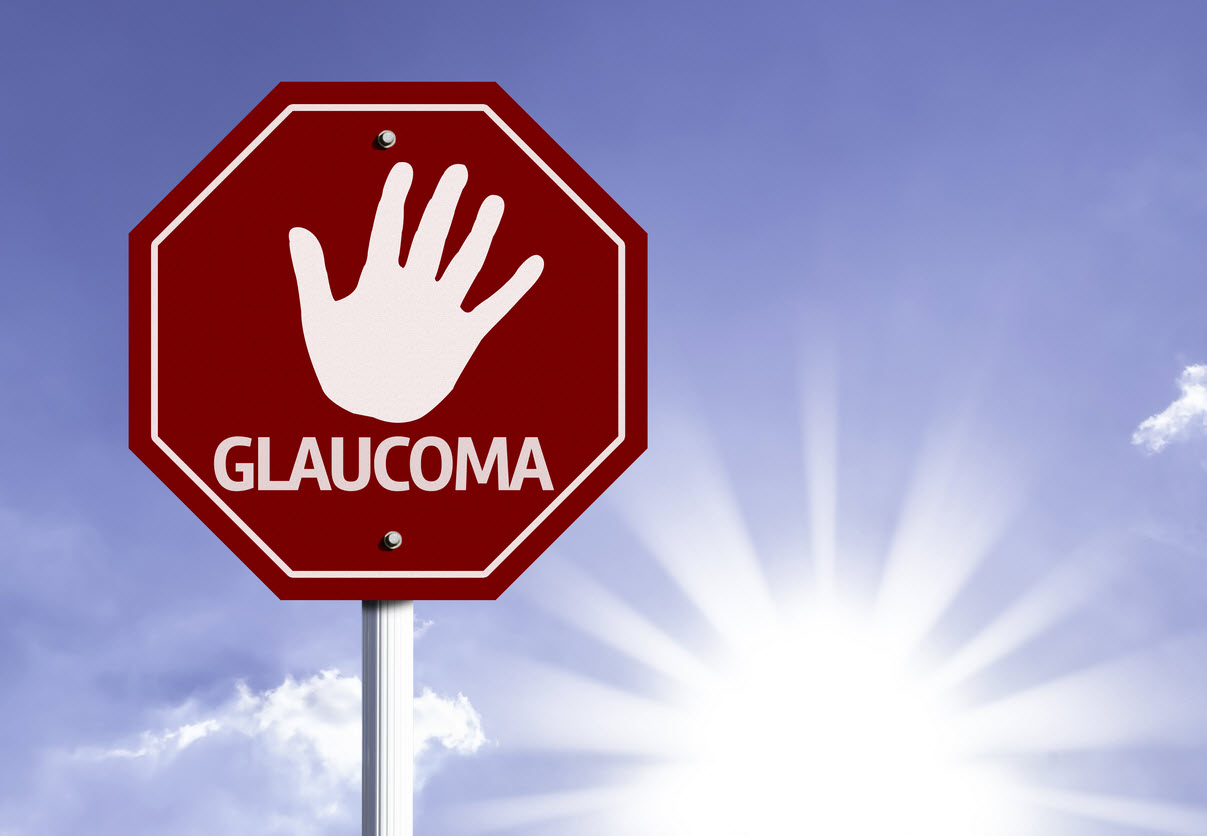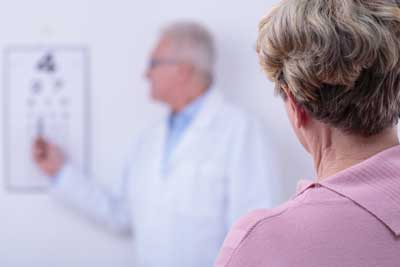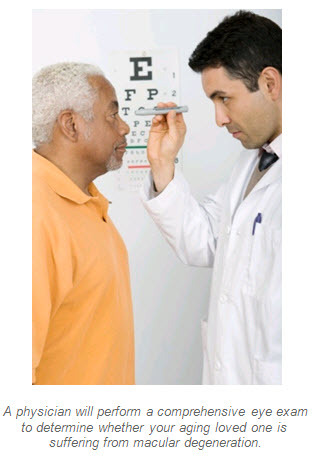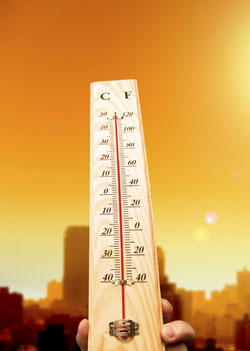People with Alzheimer's disease and other forms of dementia have different care requirements than those in conventional assisted living settings. Are you wondering whether memory care is the best option for your aging loved one? Read on to learn more about memory care, along with what family members can expect from this type of care facility.
Memory care therapy can relieve stress and stimulate memories.
Read More





